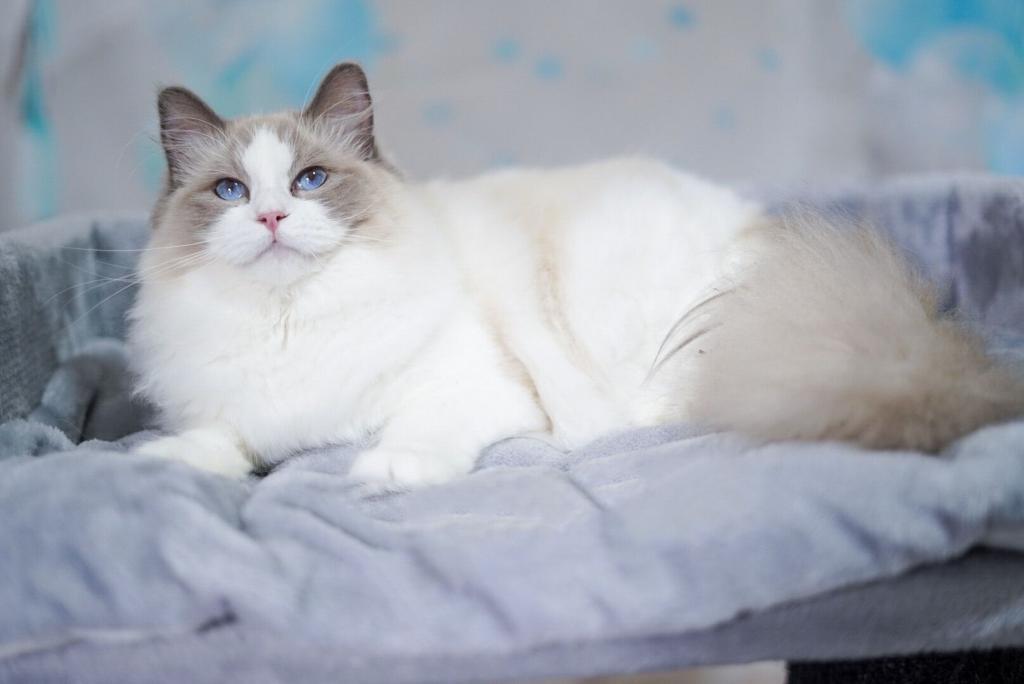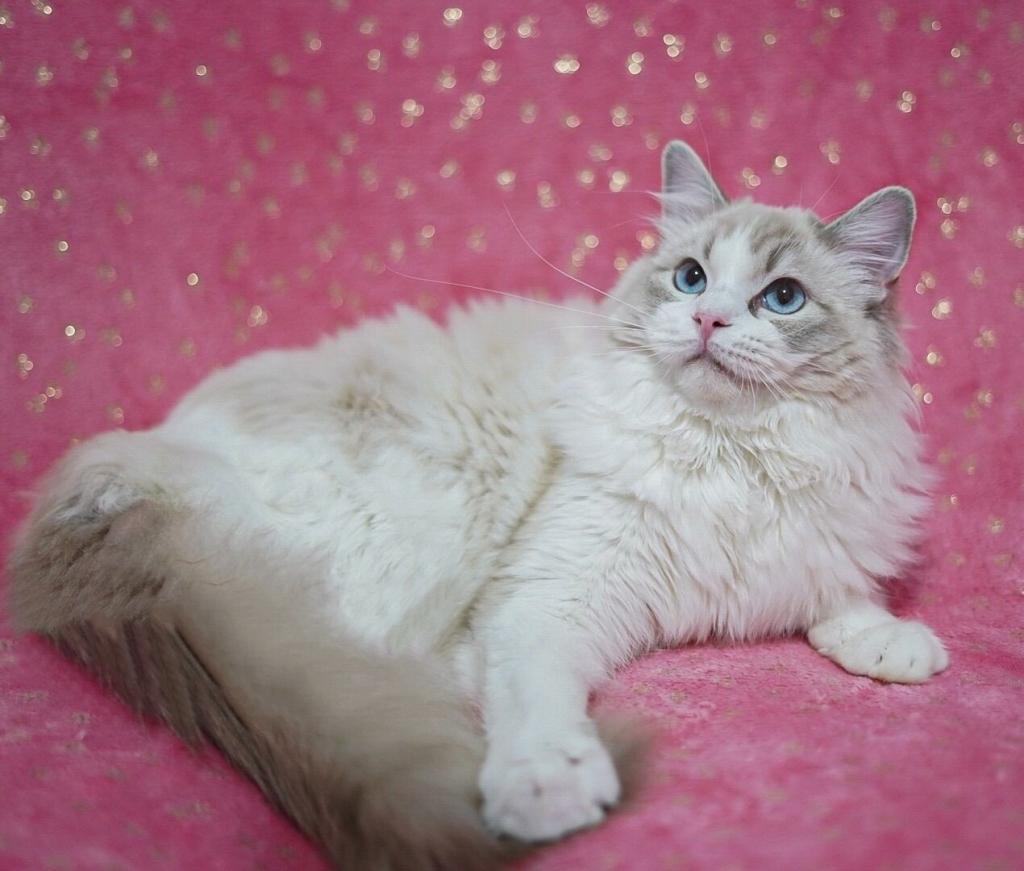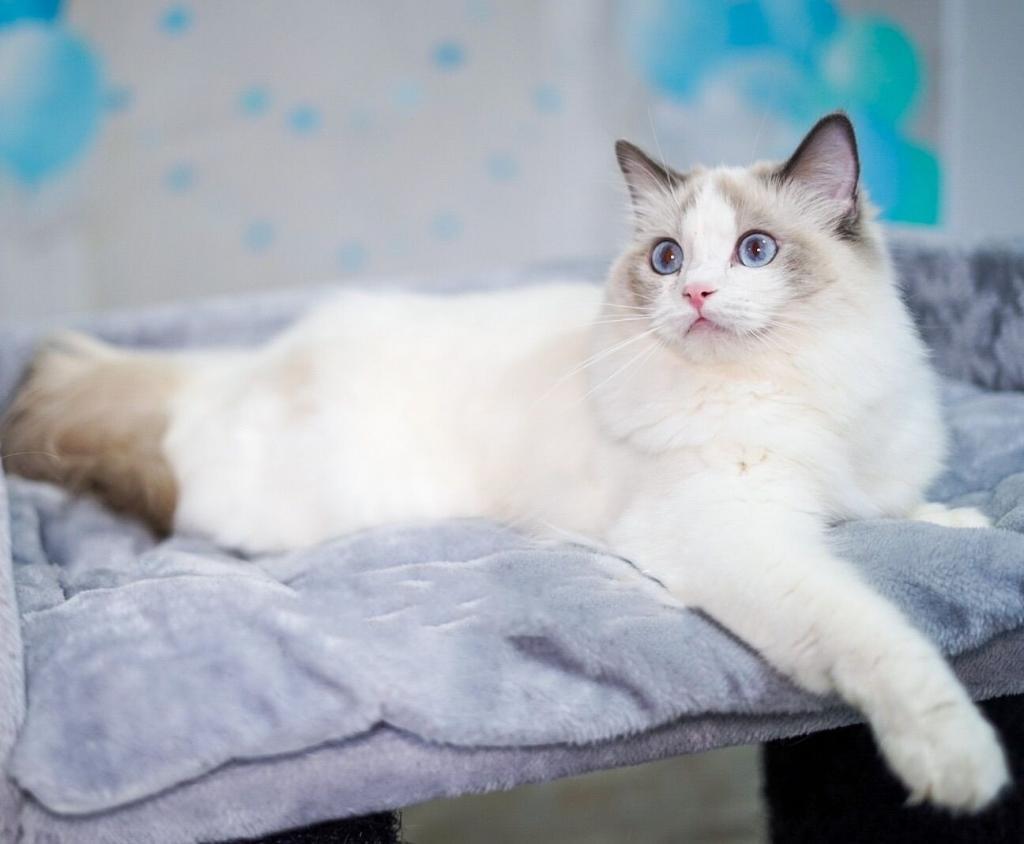# The Importance Of Choosing a Pedigree Kitten
Hey there, cat lovers! If you’re considering adding a furry feline friend to your family, the decision of whether to choose a pedigree kitten is a significant one. It’s not just about getting a cute ball of fluff, but also about ensuring a healthy and happy life for your new companion. Let’s dive into why selecting a pedigree kitten is so crucial.
## Health and Genetics
When you opt for a pedigree kitten, you’re choosing a cat whose ancestry is known and documented. This means you have a clearer idea of potential health issues that may arise based on the breed’s history. By selecting a pedigree kitten, you can reduce the risk of inherited diseases and genetic disorders that could impact your cat’s well-being in the long run.
### Responsible Breeding Practices
Pedigree breeders adhere to strict standards and guidelines to ensure the health and quality of their kittens. They prioritize responsible breeding practices, which include genetic testing, proper healthcare, and suitable living conditions for both parent cats and their offspring. By choosing a pedigree kitten, you support these ethical breeding practices and help maintain the health and integrity of specific cat breeds.
## Predictable Traits and Temperament
Each cat breed comes with its own set of characteristics, from personality traits to grooming needs. Pedigree kittens are more likely to exhibit predictable behaviors and temperaments based on their breed standards. This can help you select a cat that matches your lifestyle and preferences, whether you’re looking for an energetic playmate or a laid-back cuddle buddy.
### Meet the Parents
When you choose a pedigree kitten, you often have the opportunity to meet the parent cats. This interaction can give you valuable insights into the potential personality and appearance of your future feline friend. Observing how the parent cats behave can help you gauge whether the kitten will be a good fit for your home environment and family dynamics.
## Support and Guidance
Pedigree breeders are a valuable resource for new cat owners. They can provide guidance on caring for your kitten, including nutrition, grooming, exercise, and healthcare. Many breeders offer ongoing support and advice to help you navigate the joys and challenges of raising a pedigree cat. This support network can be incredibly beneficial, especially for first-time cat parents.
So, the next time you’re considering bringing a kitten into your home, take a moment to think about the importance of choosing a pedigree cat. Not only are you investing in a cat with a known background and health history, but you’re also supporting responsible breeding practices and ensuring a harmonious match between your family and your furry friend.
Let’s make a thoughtful choice when it comes to our feline companions – after all, a happy and healthy cat is a beautiful thing!
A kitten, which will soon grow into an adult cat, is for life and it is well worth spending some time considering what breed is right for you.
Do you need a lively type of kitten, a show-off and an extrovert? If so, the foreign shorthairs are more likely to suit your needs.
If you fancy the quieter longhairs, the question you need to answer is, have you the time and patience needed to groom one?
This must be done on a regular basis from the day you bring home a longhaired kitten. If you or members of your family are sensitive to cat hairs you may be better with a short haired kitten or none at all.
A cat show is a good place to see the various breeds of cat but DO NOT take a cat home from a show as there is a risk of infection.
If you see a cat or kitten you want to buy, arrange to take it one or two weeks after the show. Are you likely to be leaving your kitten alone for more than two or three hours a day?
A kitten, whether pedigree or not, is your responsibility from the moment you acquire it, needing your care and protection for the rest of its life. It is not merely something to feed, give attention when you feel like it and put outside when it suits your purpose. When you have decided on your choice of breed contact the club which caters for that breed, or your local cat club, and ask if they have a kitten list or details of breeders. (The GCCF can put you in contact with club secretaries). You may find what you want in your area, but you may have to wait and/or be prepared to travel some distance to meet your exact requirements.
Telephone some breeders and get an idea of the price of kittens. Avoid having a kitten on “breeding terms”; this is likely to lead to discord later on. Kittens should be sold with at least an enteritis inoculation and a full course of cat flu inoculations.
They should also be registered with the GCCF and have a written pedigree supplied with the registration details. (If the kitten is not registered, the breeder should supply a mating certificate in addition to the pedigree, so that you can register the kitten yourself.) Make sure all of these are included in the price given and that there are no ‘hidden’ extras. Kittens should be at least 13 weeks old before they leave the breeder. 13-14 weeks is probably the best age, especially for all foreign breeds.
You may wish to see more than one litter before you make your choice. Never go from one breeder to another without a wash and a change of clothing as you could be the cause of cross infection.Always make an appointment with the breeder before you visit and let him/her know if you change your plans. Breeders should be happy to show their kittens without compelling you to buy. However, don’t expect a breeder to keep a kitten for you indefinitely. You may be expected to pay a non-returnable deposit if the kitten is to be kept for any length of time after it is ready to go to a new home.
You will often find that one kitten in particular will appeal to you and will, in fact, select you as its new owner. Ask to see where the kittens are usually kept and to see the ‘Mum’. Watch for signs of sickness, diarrhoea, sticky eyes or stuffy nose.
Never choose a sickly, lethargic or weakling kitten out of pity.If you visit a breeder and you are worried about the way they are breeding and/or the condition of the cats and kittens, please write to the GCCF Office, with full details. It will then be possible to give the breeder advice and help, if it is required.
We recommend you never to buy a kitten from a pet shop. © Governing Council of the Cat Fancy.
The Importance Of Choosing a Pedigree Kitten




Lorem ipsum dolor sit amet, consectetur adipiscing elit. Ut elit tellus, luctus nec ullamcorper mattis, pulvinar dapibus leo.

